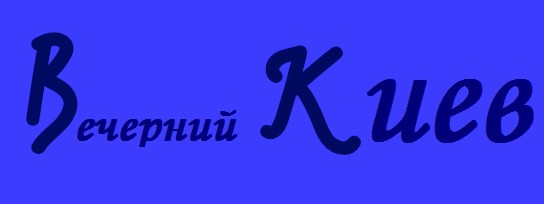ул. Князей Острожских 3
Культурный центр «Печерск»
390 – 650 грн. 
Встречайте настоящий безумный кроссовер от музыкальных мастеров в Киеве! Никита Рубченко – музыкант-виртуоз, мультиинструменталист, человек, создавший рок-версию гимна Украины. На одной сцене с ним будет выступать непревзойденный коллектив – Национальный академический оркестр народных инструментов Украины. Вместе они создадут взрывчатую смесь!
В программе прозвучат известные и новые рок-версии мелодий украинских песен, авторские композиции. Впервые из НАОНИ оркестра будут исполнены мировые гитарные хиты Steve Vai, Yngwie Malmsteen, Gary Moore и других.
Звездные гости:
Игорь Закус (бас-гитара)
Олесь Журавчак (этнодуховые)
Давид Давидян (вибрафон)
Ярослав Мисик (клавишные)
